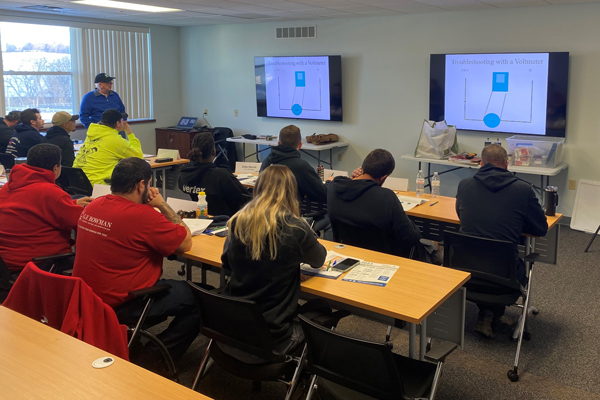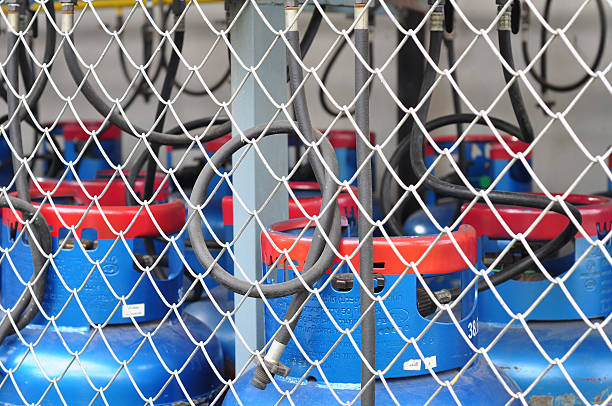PPA Partners with Hire Heroes USA to Support Military Veterans’ Careers in HVAC and Energy Sectors
The Pennsylvania Petroleum Association (PPA) has joined forces with Hire Heroes USA to provide employment assistance for military veterans. The partnership aims to offer veterans a secure future by creating training and job opportunities in the HVAC and energy industry. Through the PPA’s Technical Education Center (PPATEC), a 10-week HVAC and Energy Professional Program is… Continue reading PPA Partners with Hire Heroes USA to Support Military Veterans’ Careers in HVAC and Energy Sectors



